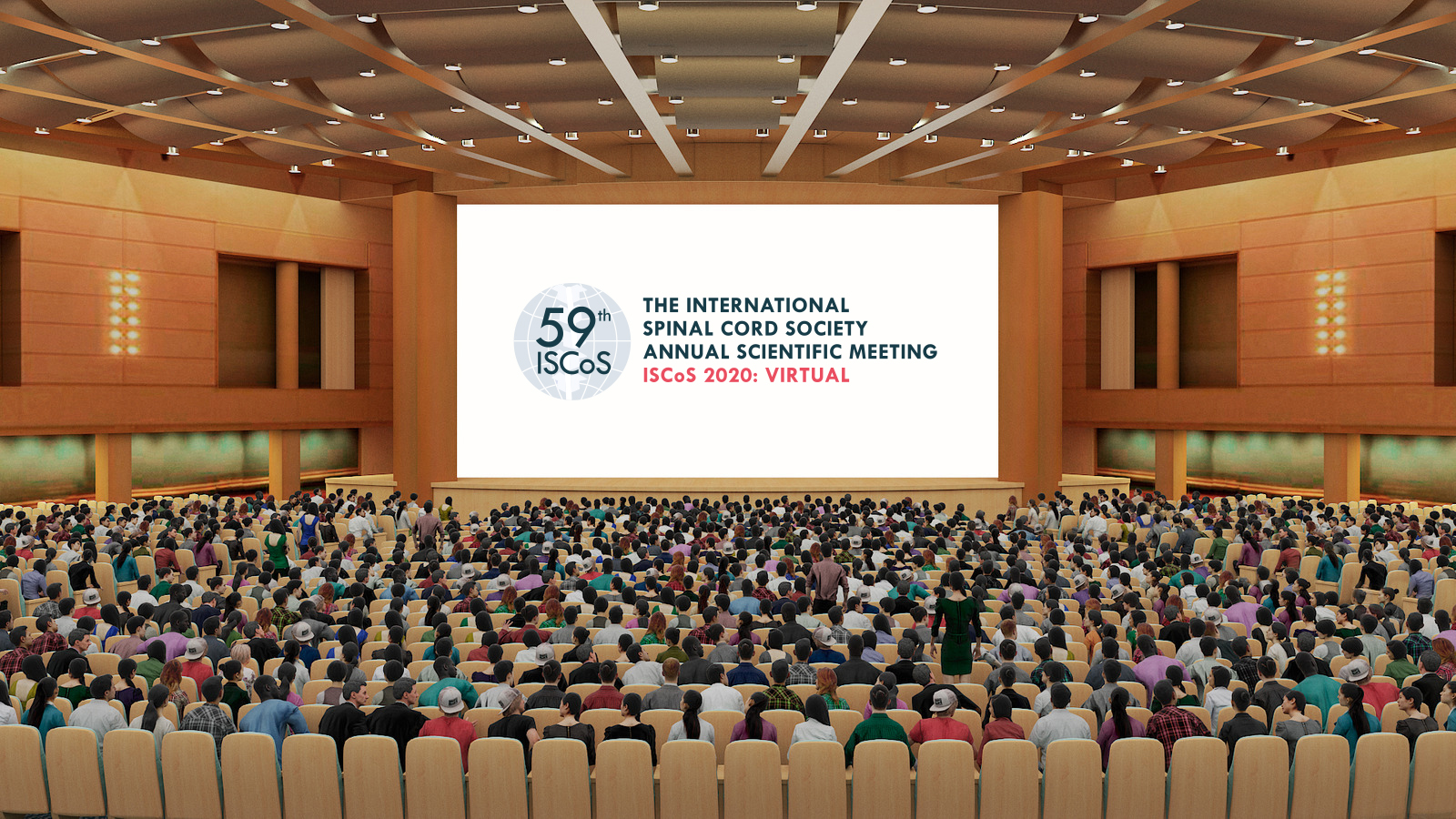ISCoS 2020 - The 59th ISCoS Annual Scientific Meeting Goes VIRTUAL, 1 - 5 September 2020
PROGRAMME
Interested to know what topics and which speakers to expect at ISCoS 2020: VIRTUAL?
Click here for the detailed ISCoS 2020: VIRTUAL programme
Programme timing is based on British Summer Time (BST).
KEYNOTE SPEAKERS ANNOUNCEMENT
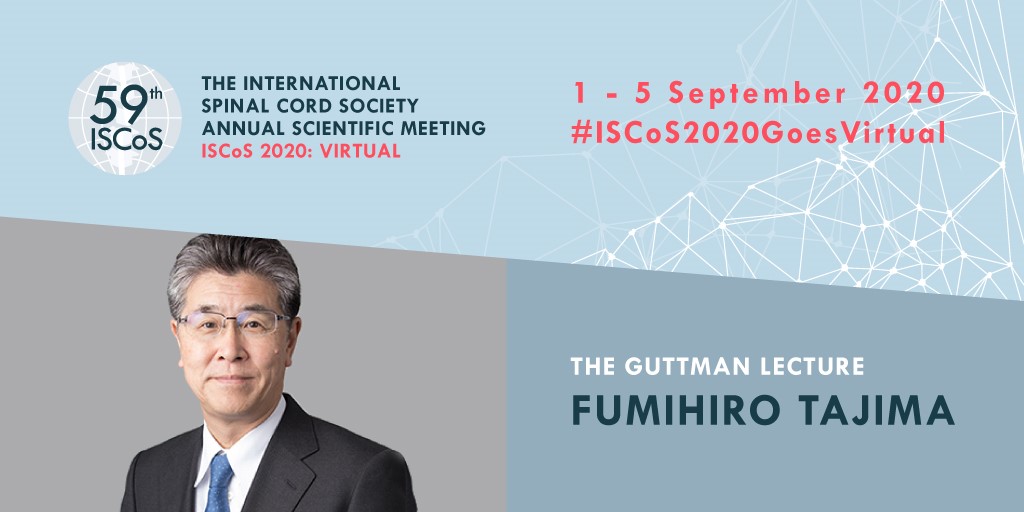
Biography:
Fumihiro Tajima, MD and PhD is Director and Professor, Department of Rehabilitation Medicine, Wakayama Medical University, School of Medicine (2003 - present). Fumi has been studying exercise and environmental physiology in persons with SCI and taken care of SCI as a medical doctor of Rehabilitation Medicine for 35 years. He is Vice President of Japanese Association of Rehabilitation Medicine (JARM, 2014 - present), and Vice Chair of Medical division of Japanese Paralympic Committee (2005 - present). He was awarded by the Ministry of Education, Culture, Sports, Science and Technology in 2017, because of his scientific contribution in athletes with impairments. He has published more than 300 papers and 30 books in English and Japanese. This year, he has been awarded the title of Honorary Clinical Professor in Rehabilitation Medicine in the School of Sport, Exercise and Health Sciences, at Loughborough University. Recently, he has been elected as Chairperson of the 58th Annual Meeting of JARM in 2021. In educational contribution, he has annually taught 100 medical students, and so far he has promoted more than 35 specialist physicians, 38 Masters of Science, and 20 Doctors of Philosophy. He loves Fly fishing, Go and Golf.
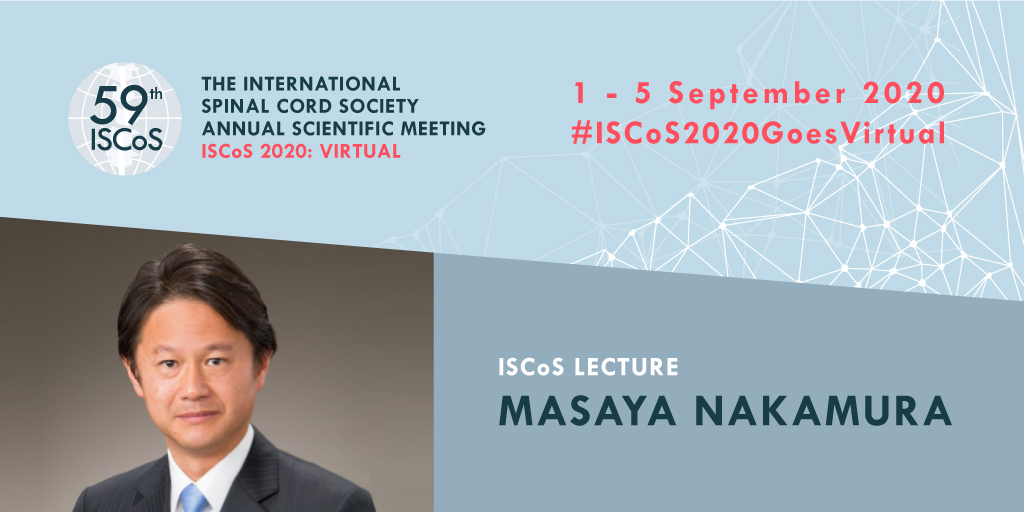
Biography:
Masaya Nakamura, MD and PhD is Professor and Chair, Department of Orthopedic Surgery (2015 – present) and Vice Dean, Keio University School of Medicine (2017 – present). He received his PhD from Keio University in 1995. He specializes in spine and spinal cord surgery as well as stem cell biology, especially regenerative medicine for spinal cord injury for 30 years. He completed Phase I/II clinical trial of hepatocyte growth factor for acute spinal cord injury last year. Now, he is focusing on clinical trials of cell therapy for sub-acute and chronic spinal cord injury using iPS cells. He has published more than 600 papers in English. He received the First award of the Japanese Society for Regenerative Medicine and 51th Baelz prize in 2014. He is Member of Scientific Committee of International Spinal Cord Society, Board member and chair of Committee of Regenerative medicine for spinal cord injury of Japanese Medical Society of Spinal Cord Lesion, Board member of Japanese Society for Regenerative Medicine.
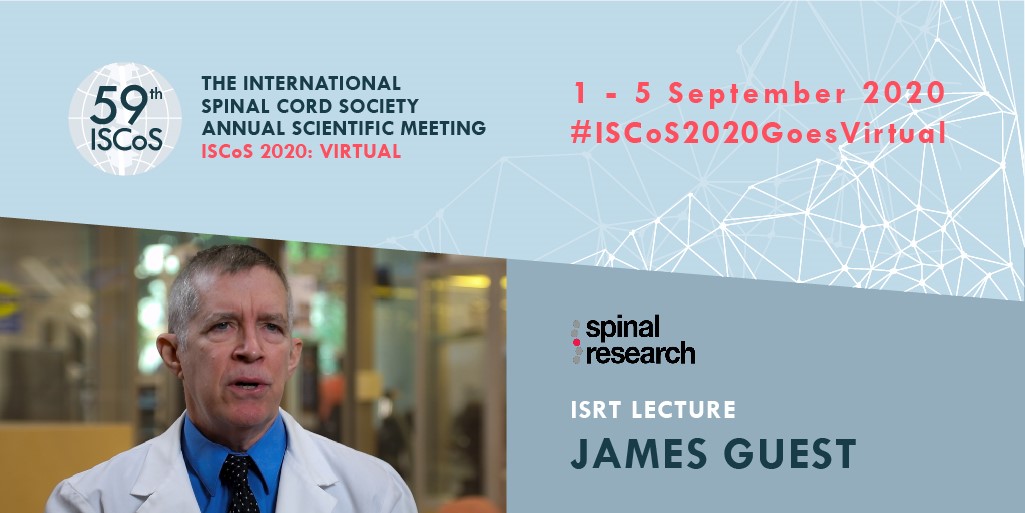
Biography:
Dr. James Guest MD, Ph.D. is a Professor of Neurological Surgery at the Miami Project to Cure Paralysis in Miami, Florida. He obtained his MD degree from the University of Alberta in 1988 and completed neurosurgical residency training in Vancouver in 1998. He was certified by the Royal College of Surgeons of Canada and the American Board of Neurological Surgeons. During residency, he obtained a Ph.D. in Neuroscience at the University of Miami studying cell transplantation after spinal cord injury (SCI). In Vancouver, during the last years of residency, he collaborated with the nascent ICORD. He then moved to the Barrow Neurological Institute in Phoenix, Arizona for fellowship training in spinal surgery and research training in the primate motor system. He then returned to the University of Miami. Dr. Guest has a strong interest in translational research and clinical trials in SCI. He has received funding from Spinal Research, the DOD, the NIH, and the Craig Nielsen foundation. Together with colleagues, he translated autologous Schwann cell transplantation for SCI into human subjects through two sequential clinical trials. For these trials, his team also conducted neurophysiological studies. He is the PI in Miami for the North American Clinical Trials Network Registry and the RISCIS study. He is an AO Spine knowledge forum member and served on the California Institute for Regenerative Medicine grants working group for the past 4 years. He has conducted studies in large animal models including cell transplantation, the use of biomaterials and pioneered delivery methods that have been patented. Current work is in neuromodulation using deep brain stimulation of the mesencephalic locomotor region tested in in combination with epidural stimulation after SCI. The other main lab focus is the study of multi-organ blood flow after SCI. He is collaborating with researchers from the Bronx VA, Kessler Rehabilitation, and the University of Louisville to assess alterations in blood flow underlying normalization of blood pressure in high-level cervical injury subjects during epidural stimulation.
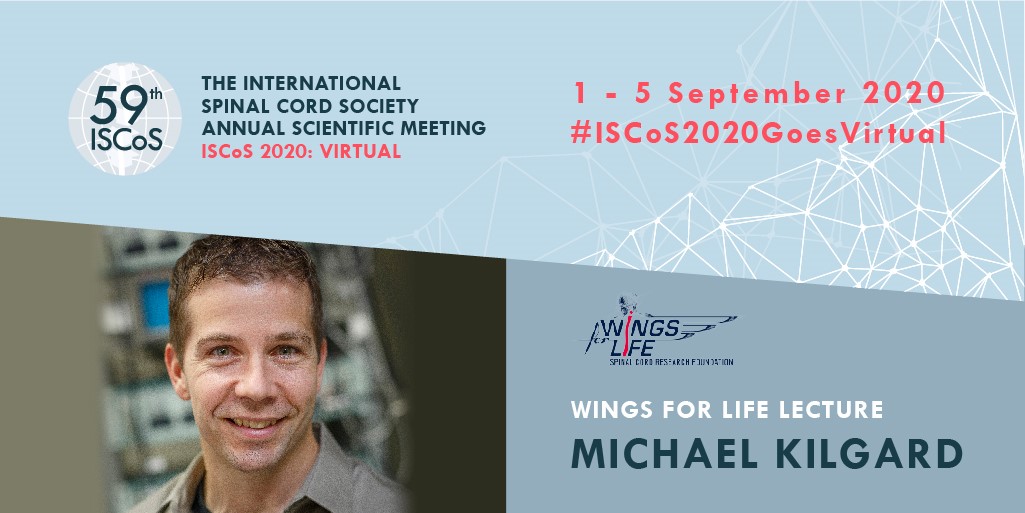
Biography:
Dr. Kilgard trained in biochemistry and genetics at UC Berkeley and in neuroscience at UC San Francisco. He is the Margaret Fonde Jonnson Professor and directs the Texas Biomedical Device Center. Dr. Kilgard has published more than 120 paper in peer reviewed journals, including Nature, Science, Neuron, and Stroke. Dr. Kilgard holds 25 U.S. patents. His work is supported by DARPA, NINDS, NIDCD, the W.W. Caruth, Jr. Foundation Fund at Communities Foundation of Texas, and Wings for Life Spinal Cord Research Foundation. His research is focused on understanding the mechanisms that regulate neural plasticity in order to develop clinical tools to treat neurological and psychiatric conditions using precisely targeted synaptic plasticity. Dr. Kilgard’s laboratory uses behavioral training, environmental enrichment, drug therapy, deep brain stimulation and peripheral nerve stimulation methods to enhance neural plasticity. Over the last decade, his lab has developed treatments for spinal cord injury, tinnitus, PTSD, and stroke that employ brief bursts of vagus nerve stimulation paired with sensory stimulation or movement to direct therapeutic plasticity. These treatments are highly effective in animal models and are now being tested in randomized clinical trials.
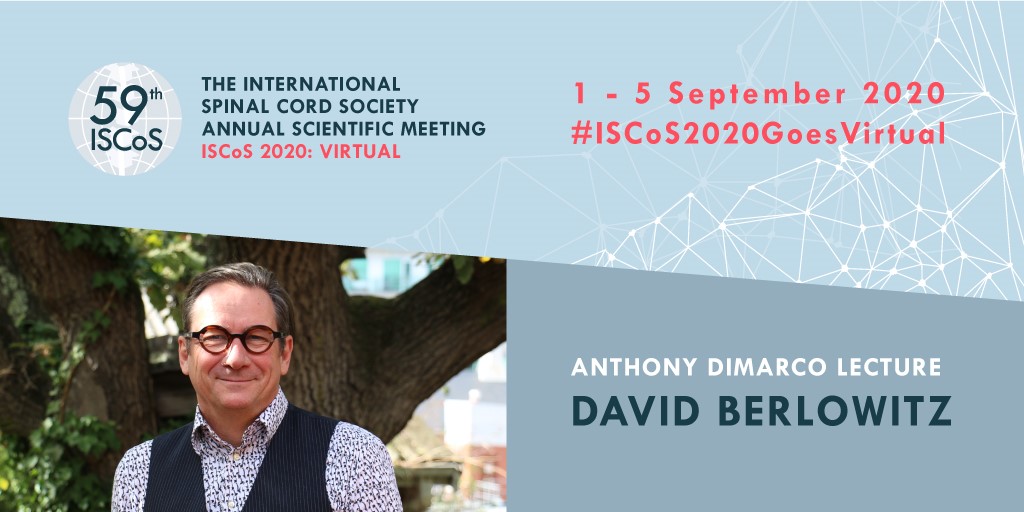
Biography:
David Berlowitz is a Physiotherapist with the Victorian Respiratory Support Service who holds the University of Melbourne Chair in Physiotherapy at Austin Health. David was awarded his PhD in 2004 in which he discovered that acute cervical spinal cord injury results in sudden and severe obstructive sleep apnoea. David leads an international team of research collaborators, students and staff who examine the causes and treatments of sleep and breathing disorders in neuromuscular disease, especially Spinal Cord Injury and Motor Neurone Disease. David’s research encompasses respiratory physiology, sleep, health systems research, and clinical trials of therapies and care models.
